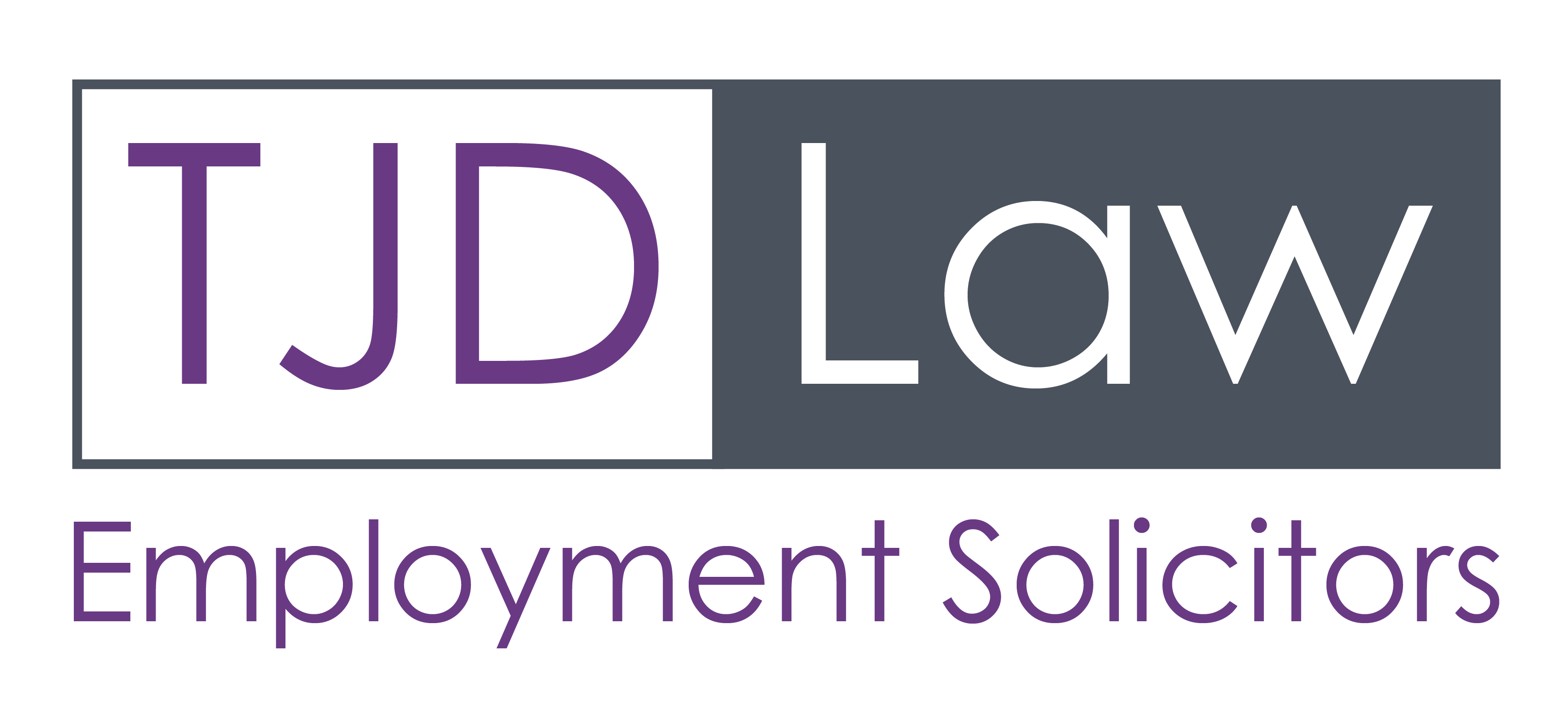Restrictive covenants come in various forms, but typically seek to restrict a former employee, for a limited time, from working for a competitor, soliciting your customers and/or poaching your staff. Having invested time and money in creating confidential information, developing customer relationships and training staff, businesses understandably wish to protect those assets from someone who might seek to exploit them and gain an unfair advantage.
There remains a lot of confusion about the enforceability of restrictive covenants because, fundamentally, they are anti-competitive and may represent an unlawful restraint of trade. However, courts are willing (and frequently do) uphold restrictive covenants, providing that they are reasonable and go no further than absolutely necessary to protect the legitimate interests of the business. One size does not fit all, and Courts will take into account a variety of factors in determining the enforceability of a clause. This will include matters such as the length of the restriction, its scope, the geographical coverage, the employee’s seniority, the nature of the role, and the relevant market sector.
Careful drafting of restrictive covenants is therefore essential to ensure that they will be enforceable if, and when, you need to rely on them. They should also be reviewed periodically to determine whether they are still reasonable in light of changing business circumstances or a change in the role/seniority of the relevant employee.
TJD Law can assist with:
- Advising on the enforceability of existing restrictive covenants
- Drafting and implementing appropriate and enforceable restrictive covenants
- Support with legal action for breach of restrictive covenants
- Defending a threat of legal action from a former employer of your new employee
